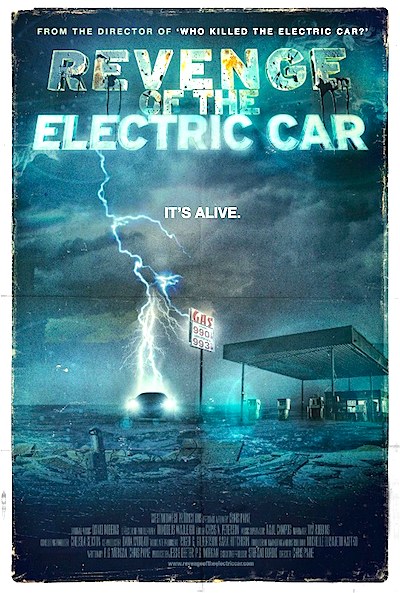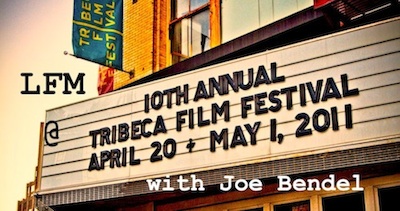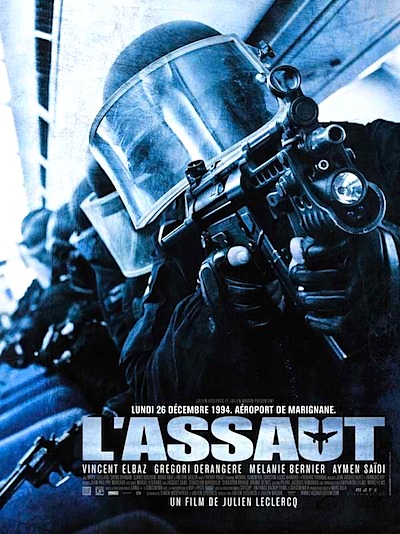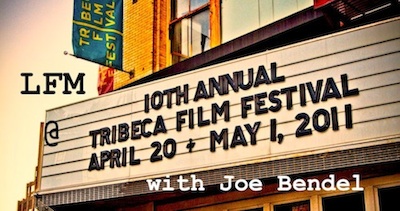By Joe Bendel. Mother Klitschko is no fun. She expressly prohibited her boxer sons Vitali and Wladimir from fighting each other. Of course, that is exactly what the boxing world wants to see. Sebastian Dehnhardt profiles the two well-educated Ukrainian brothers who rose to the top of the boxing ranks, got knocked down, and clawed their way back in the simply but aptly titled documentary Klitschko, which screens at the 2011 Tribeca Film Festival.
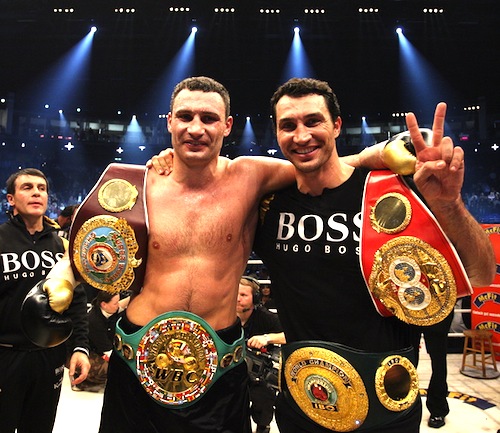
Growing up military brats, the Klitschko brothers’ father was an ardent Communist. However, he would pay for his blind faith, when his unit responded to the Chernobyl crisis without adequate protective gear. Fortunately when his cancer inevitably surfaced, the Klitschkos already had sufficient means to provide their father with the best of western medicine. Coincidentally, the now cancer-free Col. Klitschko has had a complete ideological change of heart, at least according to his sons.
Though not technically twins, the Klitschko boys were always big and nearly impossible to tell apart. The older Vitali actually started out as a kick-boxer while so-called “Western martial arts” were prohibited in the Orwellian Soviet Union. Eventually the Klitschkos switched to boxing, where fighters could make serious money. Due to inopportune injuries, they lost several high profile bouts they should have won. The elder Klitschko was especially dogged by the quitter epithet. Yet, both brothers would have their Rocky moments in the ring.
Klitschko the film is definitely produced with boxing fans in mind. However, those who follow post-Soviet politics will also find Dehnhardt’s documentary engaging. A reformer, the elder Klitschko was even elected to the Kiev City Council for two stormy terms. The film is also unexpectedly (and unfortunately) topical, given the increased interest in the Chernobyl disaster following the near-repeat in Fukushima. Continue reading LFM Review: Klitschko @ Tribeca 2011


